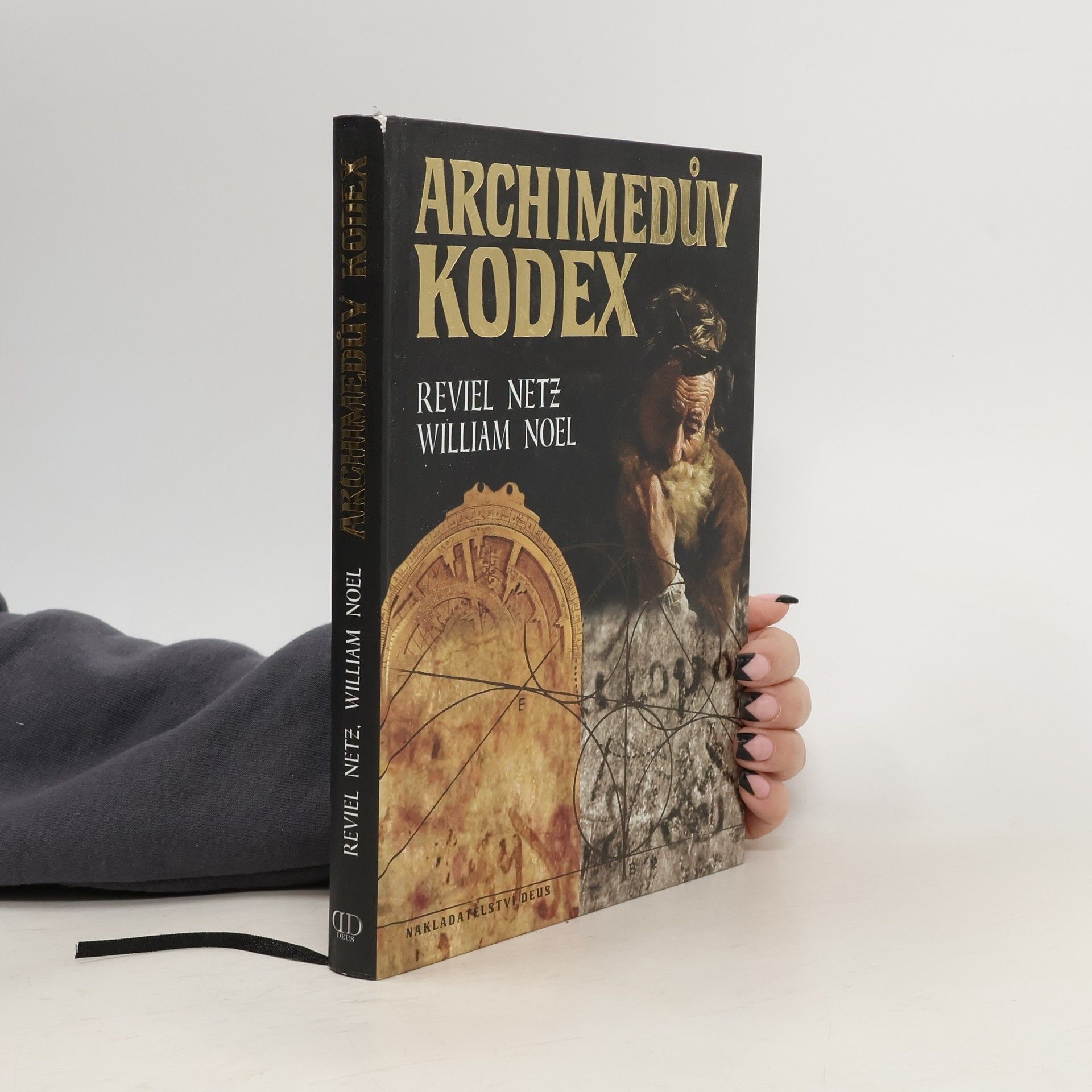Popis zajímavého nálezu jednoho ze ztracených Archimedových rukopisů, další osudy tohoto manuskriptu v současnosti a rozbor jeho obsahu. Práce dvou amerických vědců, kteří se podíleli (v l.1998-2003) na záchraně znovunalezeného, ale značně poničeného Archimedova rukopisu; autoři líčí obtížnou restauraci tohoto díla i objev dalšího Archimedova spisu, který se skrýval pod původním textem. Popisují velice podrobně způsob záchrany této vzácné památky a zabývají se i rozborem jejího obsahu. První spis je postrádaným dílem Metoda, ve kterém se Archimedes nejvíce přiblížil moderní matematické analýze. Druhé dílo - s názvem Stomachion - pojednává o teorii uskupení geometrických obrazců. Podrobnému rozboru této teorie z hlediska moderní vědy je věnována podstatná část celého textu knihy. - Doplněno fotografiemi a zejména nákresy popisovaných geometrických těles.
Reviel Netz Knihy







The Transformation of Mathematics in the Early Mediterranean World
From Problems to Equations
- 210 stránek
- 8 hodin čtení
This book offers a compelling exploration of pre-modern mathematics, highlighting its historical development and significance. It delves into the cultural and intellectual contexts that shaped mathematical thought before the modern era, revealing how various civilizations contributed to its evolution. Through engaging analysis, it uncovers the connections between mathematics and other disciplines, providing a fresh perspective on its role in shaping human knowledge and understanding throughout history.
This book describes the relationship between science and poetry in the Hellenistic period by analysing the stylistic features of Hellenistic mathematics and then showing how they can be understood within the context of Hellenistic poetry. The result transforms our understanding of the origins of Western mathematics.
Focusing on the evolution of deductive reasoning in classical Greek mathematics, this book delves into the specific practices that shaped this intellectual milestone. It highlights the significance of lettered diagrams and the structured, formulaic language employed by Greek mathematicians, offering insights into how these methods contributed to the development of mathematical thought.
The book explores the complexities of the ancient Greek literary canon, challenging the notion of a unified set of timeless values. Reviel Netz posits that the canon consists of contradictory texts, which fostered a culture of open debate crucial to the development of modern civil society. This discourse not only shaped philosophical thought but also laid the groundwork for an autonomous scientific culture, ultimately influencing the scientific revolution and the contemporary world. It is a compelling read for those interested in the ancient world's impact on modernity.
Part archaeological detective story, part science, and part history, The Archimedes Codex tells the astonishing story of a lost manuscript, from its tenth-century creation in ancient Constantinople to the auction block at Christie’s in New York, and how a team of scholars used the latest imaging technology to reveal and decipher the original text. What they found was the earliest surviving manuscript by Archimedes (287 BC–212 BC), the greatest mathematician of antiquity—a manuscript that established, for the first time, the extent of his mathematical genius, which was two thousand years ahead of modern science.